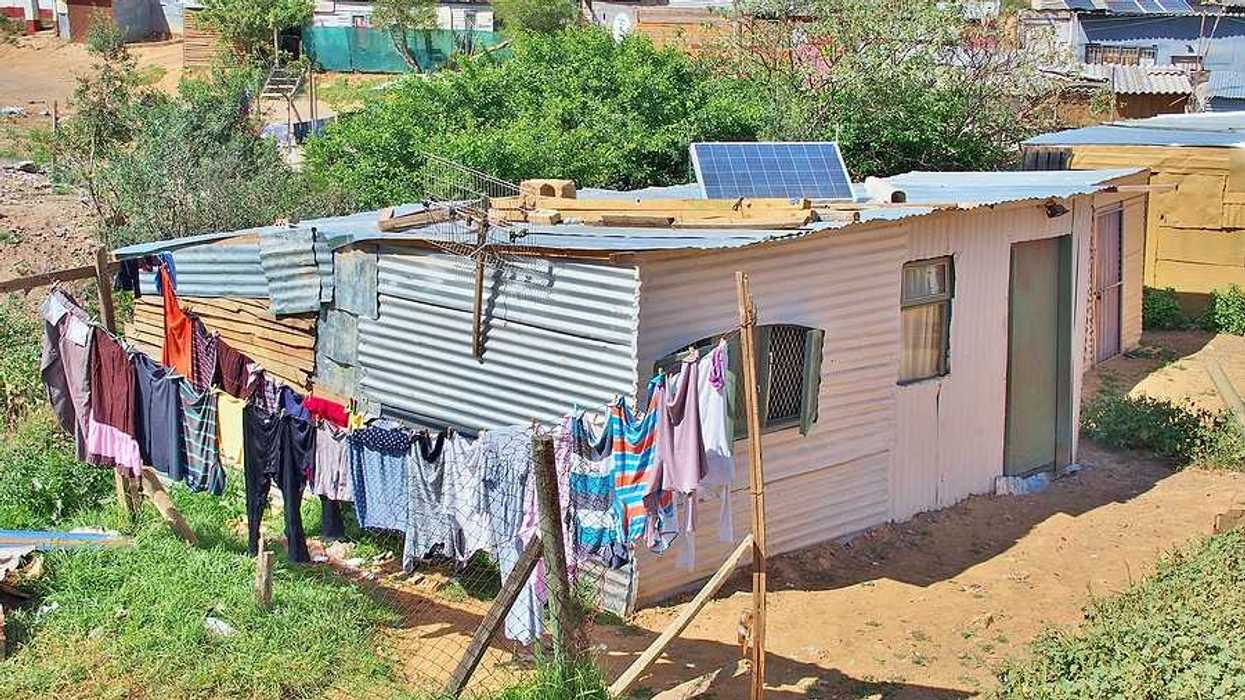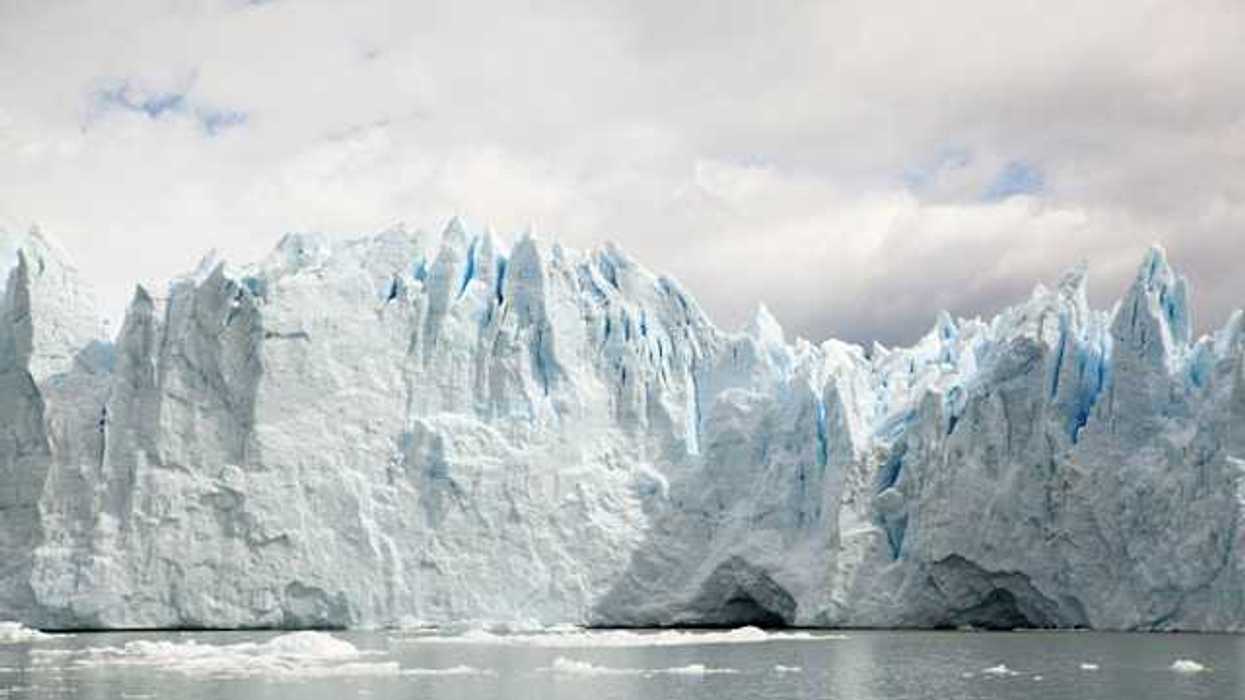In an ambitious global effort, 175 countries are drafting a treaty to address the overwhelming plastic waste problem, as explained by marine scientist Imogen Napper.
Nicola Jones reports for Knowable Magazine.
In short:
- Annual plastic production has skyrocketed to 400 million metric tons, with a significant portion contributing to environmental pollution.
- The proposed international treaty could regulate plastic production, phase out hazardous chemicals, and manage waste more effectively.
- Imogen Napper's research into plastic pollution's impact informs treaty discussions, offering insights into its ubiquity and potential solutions.
Key quote:
“It’s so cheap we can use it for a few seconds before throwing it away. That’s the problem."
— Richard Thompson, marine biologist at the University of Plymouth
Why this matters:
Plastic waste does not decompose and instead accumulates in landfills, oceans, and ecosystems, causing harm to wildlife and potentially affecting human health. The issue is compounded by the ever-increasing production and consumption of disposable plastic products.
Every stage of plastic production and use is harming human health.














